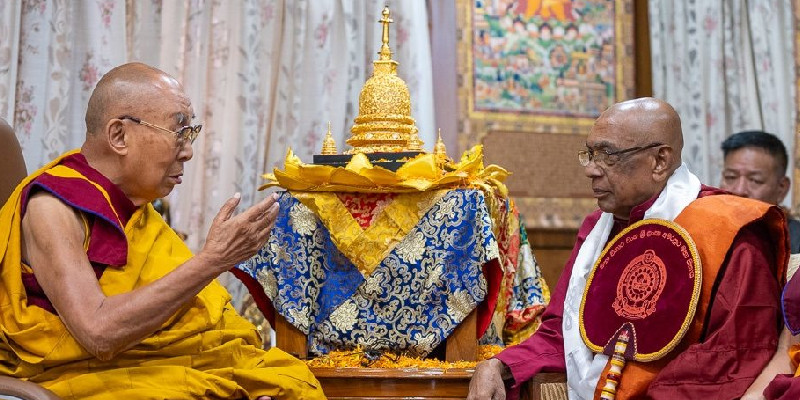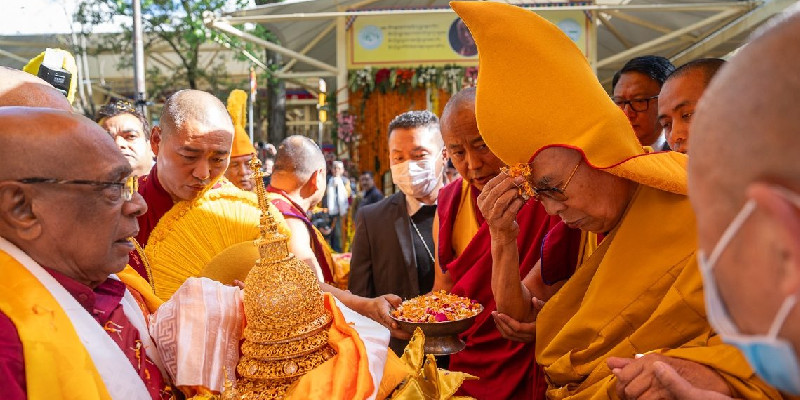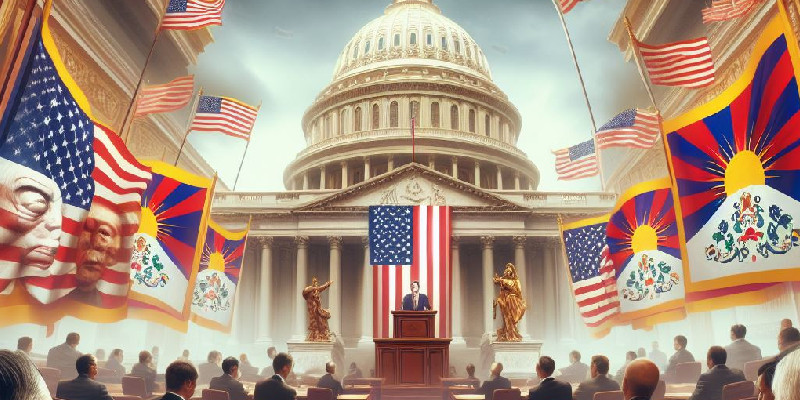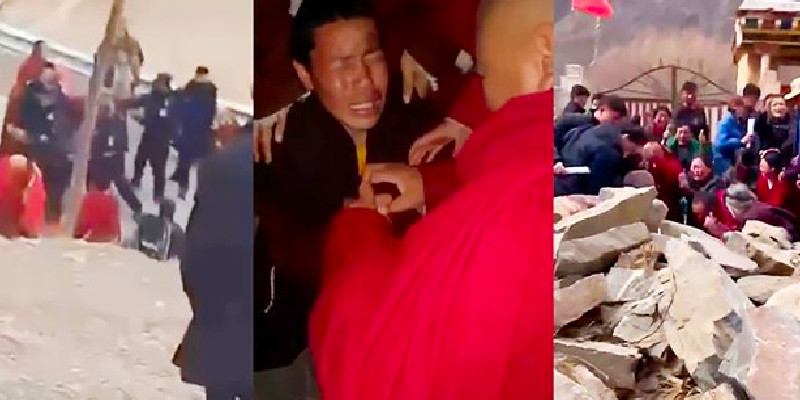Dharamshala, 31st January: The International Olympic Committee’s mission statement includes “opposing any political abuse of athletes.” So, why have over a thousand athletes and delegates from seven countries been urged to leave their phones at home and buy a ‘burner’ phone before traveling to China for the Winter Olympics?
The Olympic committees of the United States, the United Kingdom, Canada, Switzerland, Sweden, Germany, and the Netherlands have advised their athletes to bring disposable electronic equipment to Beijing instead of their customary equipment, which they may discard after the competition.
With the exception of the United States, most Olympic organizations have used diplomatic language in their cautions. Human Rights Watch, on the other hand, has gotten right to the point. It referred to China as an “Orwellian surveillance state” last week.
A hacker in China may launch a cyber-attack on a delegate’s phone using the person’s mobile network identification’ or the My2022 app, which everyone attending the Games is required to download, according to Gary Miller, a mobile security analyst. Furthermore, he added, possible surveillance does not end after the Games.
According to Miller, once a surveillance group has this information, they can follow your location, listen in on your phone calls, see who you’re texting, and watch the websites and apps you’re using. The My2022 app, on the other hand, has the ability to deliver the most complete examination of a person’s private life. Because of the Covid epidemic, the app was built to track guests’ health, but it also contains additional features including texting, chat, file transfer, event access, and a tourist guide.
Researchers from Citizen’s Lab discovered a text file called ‘illegalwords.txt’ in the program. It contains 2,442 keywords and phrases, the majority of which are written in Chinese, with some words in Uyghur, Tibetan, and English thrown in for good measure. They deal with difficult themes like the Tiananmen Square demonstrations and China’s Xinjiang region’s Uyghur Muslim minority. ‘Xi Jinping’ (China’s president) and ‘CCP Evil’ are used in Chinese; ‘The Holy Quran’ and ‘forced demolition’ are used in Uyghur; and ‘Dalai Lama’ and ‘protector’ are used in Tibetan, as well as pornographic references.
The censoring was not active in the version of the software that Citizen’s Lab examined, but the researchers concluded that it would require minimal work’ to bring it online.







Leave a Reply